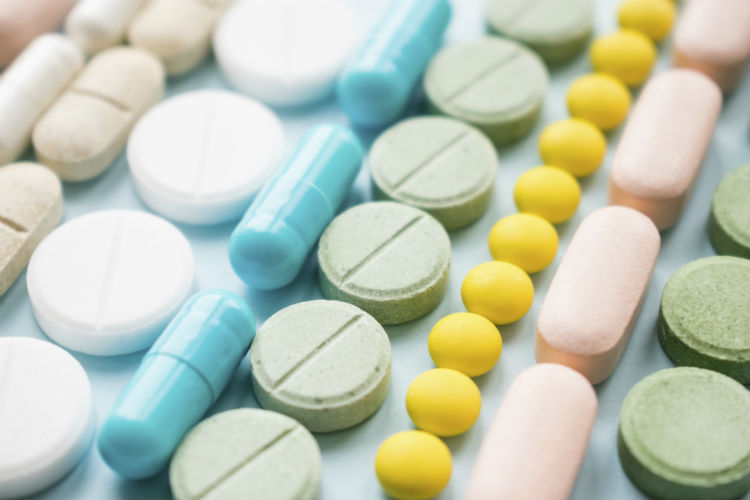1. Pasteurized Milk
Milk is touted as a healthy food, and most people assume that it does a body good. But pasteurization destroys active enzymes and denatures the fragile proteins in milk. It also kills beneficial bacteria and lowers the vitamin content of your milk.
A better alternative?
Raw milk is milk that hasn’t been pasteurized. Why raw milk?
Supporters of raw milk say the pasteurization process kills most, if not all, micromilk organisms, including the beneficial ones that aid in digestion and metabolization. They also promote good health by crowding out bad bacteria and help prevent yeast overgrowth in the intestinal tract.
The Campaign for real milk says that raw milk comes from cows that are properly fed. Cows that eat green grass provide milk with nutrients like vitamins A and D. They argue that pasteurization enables the milk industry to raise cows in less-expensive, less-healthy conditions.
They also say that pasteurization destroys enzymes and diminishes vitamin content. Pasteurization, says the group, is associated with allergies, increased tooth decay, colic in infants, growth problems, osteoporosis, arthritis, heart disease and cancer. Many calves fed pasteurized milk die before maturity.
Raw milk will sour naturally due to the bacterial production of lactic acid and still be healthy, while pasteurized milk, which lacks the essential bacteria, will putrefy.
Read More →



